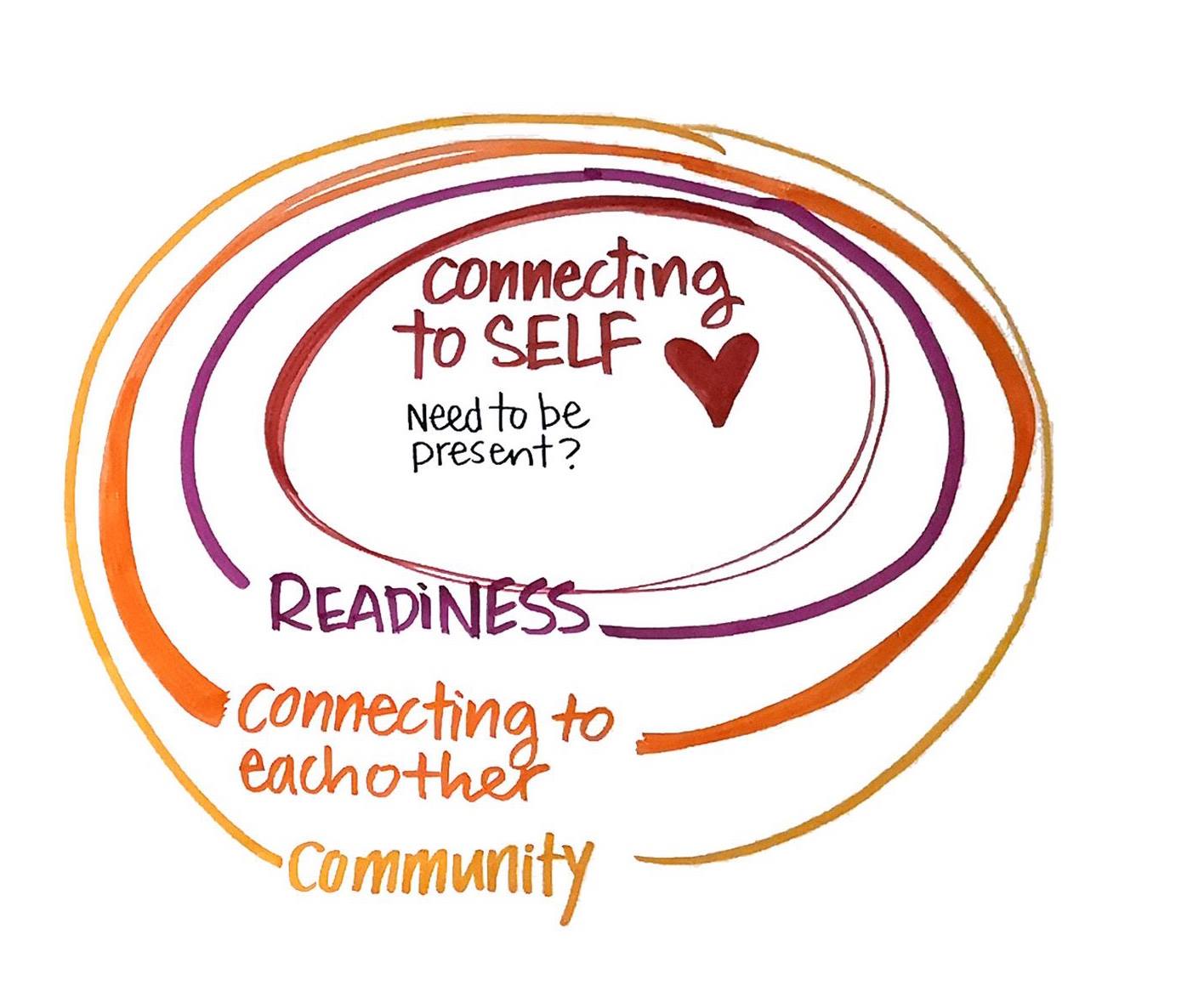Header image: Graphic recording, Tiaré Lani
In 2015, the Truth and Reconciliation Commission presented the following 6 actions of ReconciliACTION to assist the public in their work toward Reconciliation in Canada.
We acknowledge that food is a connector and how we approach food in school food systems presents an invaluable opportunity to advance ReconciliACTION in school communities. Committed to educating ourselves and transitioning from Reconciliation to ReconciliACTION, Farm to Cafeteria Canada (F2CC) is pleased to offer Cultivating ReconciliACTION in School Food Programming, a 3-part pilot series beginning Monday, February 27th at 3:00-4:30 pm EST. Sessions two and three will be held Mondays at the same time, March 27th and April 24th.
Through this series, we invite participants on a shared learning journey to explore how to get started or advance Truth and Reconciliation in their school food and food literacy activities or programs.
This 3-part series is intended for non-Indigenous educators and other school food champions who are directly working or volunteering with students on school food (e.g. snack or meal programs) and Edible Education initiatives (e.g. farm to school or local food to school programs, land-based learning, school gardens, cooking programs, outdoor education) at K-12 schools across Canada.
This series will take place over 3 months – February, March and April 2023. One 90-minute session will be hosted monthly, and each session will build on the previous one. It is our goal to create a safe space to reflect, share, encourage and learn together with a humble and respectful attitude from our uncertainties, failures, and achievements in the school food context.

Some preparation and reflection activities will also be encouraged for each session. Registrants are asked to commit to attending all 3 sessions and to provide feedback on their experience.
Please note: This series will be facilitated by non-Indigenous people on their own learning journey. In the endless process of unlearning and re-learning, we all are at different stages, and the series is NOT intended as a replacement for cultural sensitivity training or other important teachings that Indigenous people should lead.
Farm to Cafeteria Canada exists to transform how food is experienced, learned and celebrated in all schools across Canada. We envision meaningful school food environments where all students feel welcomed and nourished in body, mind and spirit.
As a settler-led organization, we believe that revisiting the country’s history and reflecting on the role we play as a community in building relationships with Indigenous people is necessary to improve the future of Canada. We also acknowledge that Canada’s colonial history includes many traumas created by both residential schools and harms done through food, and many of these systems persist today.
In our commitment and journey to advancing ReconciliACTION in our own work, we have both an opportunity and a responsibility to use our platforms to support the broader F2CC community to do the same.
We’ve received growing interest from non-Indigenous school food champions across the country to have a space to convene, share and learn together on their journeys to reconciliation. This pilot series is a response to that interest.